 While Florida is the Sunshine State, its elections are shrouded in clouds, thanks to a coordinated attack to suppress voting rights. The attack is led by a Legislature and a governor who seem determined to disenfranchise Floridians by any means necessary. In order for citizens to have a brighter outlook at the ballot box, the NAACP and our allies are launching Moral Monday Florida, a social justice campaign.
While Florida is the Sunshine State, its elections are shrouded in clouds, thanks to a coordinated attack to suppress voting rights. The attack is led by a Legislature and a governor who seem determined to disenfranchise Floridians by any means necessary. In order for citizens to have a brighter outlook at the ballot box, the NAACP and our allies are launching Moral Monday Florida, a social justice campaign.
In 2012, Florida politicians cast a shadow over the ballot box. They cut early voting ahead of Election Day, resulting in record long lines that dissuaded some people from voting. They enacted detrimental registration restrictions causing two major organizations to nix their registration efforts.
These stories are shock worthy because they provide an instant visual of voter suppression. You can see the long lines, the rejected registration application and the invoice with an exuberant fine. But felony disenfranchisement, denial of polling places and errant voter purges provide the backdrop, as well. Under current leadership, Florida has done much more to rip apart what was shaping to be a democratic foundation.
Just in February, Gov. Rick Scott’s administration decided to prohibit early voting at a student union at the University of Florida that was already approved for Election Day voting. The ruling goes further to exclude buildings on university campuses, narrowly defining “convention center” and “government-owned community center.” It is difficult not to view this misguided ruling as an attempt to suppress growing student participation at the ballot box.
The Scott administration has also embraced detrimental purges of lawful voters. Florida has had at least two well-publicized controversial voter purges since 2000.
The first attempt, aimed at people with felony convictions, wrongfully purged at least 1,100 otherwise eligible voters because of errant data. Although the controversial purge in 2012 was aimed at suspected non-citizen voters, it nearly had a similar but larger impact. The Scott administration presented an initial list targeting 182,000 potential non-citizens, mostly black and brown. Despite clear evidence that the data were flawed, the Secretary of State’s office attempted to implement the purge. After several counties challenged the data, the list was whittled down to less than 200 people.
Errant voter purges and cuts to early voting are not the only flawed practices obstructing Florida voters. One of the biggest issues affecting Florida voters is felony disenfranchisement or the practice of blocking people with felony convictions from the ballot box. The practice stems from 18th century policy and was strengthened prior to the emancipation of slaves in order to stymie black participation in the electorate.
Today, Florida is part of a quagmire of felony disenfranchisement laws spanning 48 states and one of four states practicing felony disenfranchisement — a policy that Gov. Scott reclaimed in the first few months of his election to office.
And while other states and the federal government are actively pursuing routes to restoration of rights for returning citizens, Florida has remained stagnant.
Currently, 1.5 million Floridians are disenfranchised under these practices and more than half of those are black. Florida’s democratic landscape is mired in bad policies and the intentional oppression of certain citizens by an out-of-touch and incendiary controlling party. The current administration has done little to address the concerns of all voters across the state.
That is why we have launched Moral Monday Florida. Beginning March 3 with a rally at the state capital, we will raise our voices to protect our votes and hold our elected officials accountable if they attempt to suppress them. Together, we will shine a bright light on the failed policies that have wreaked havoc on Floridians.
Adora Obi Nweze is president of the Florida State Conference and the Miami-Dade branch of the NAACP.

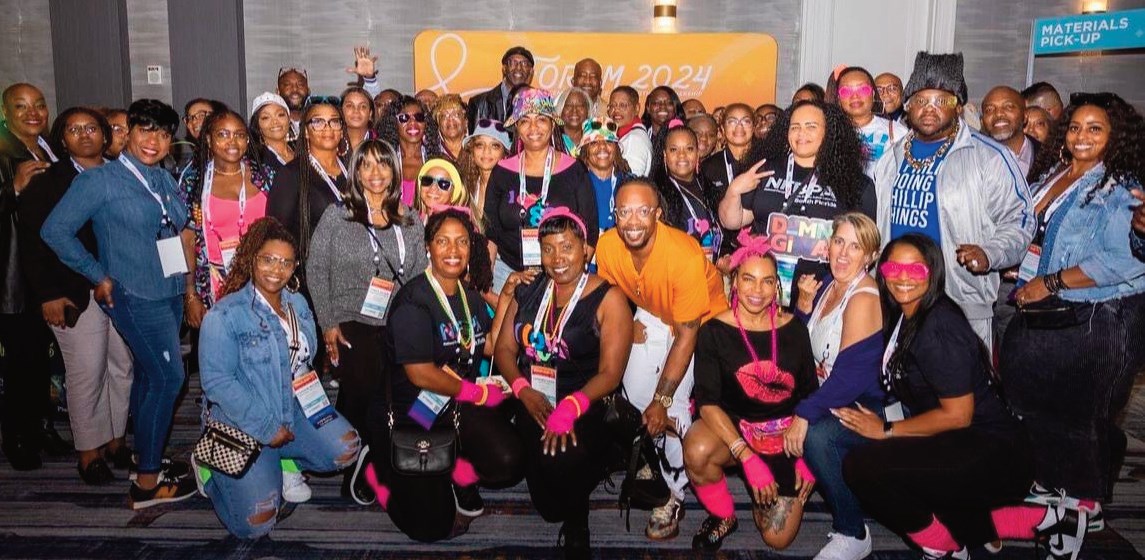
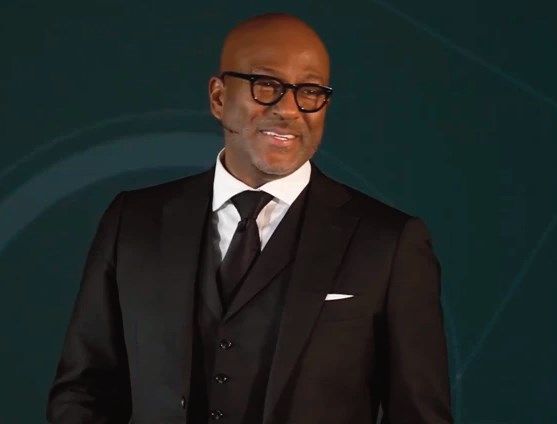


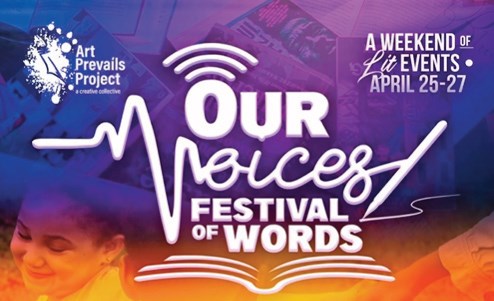
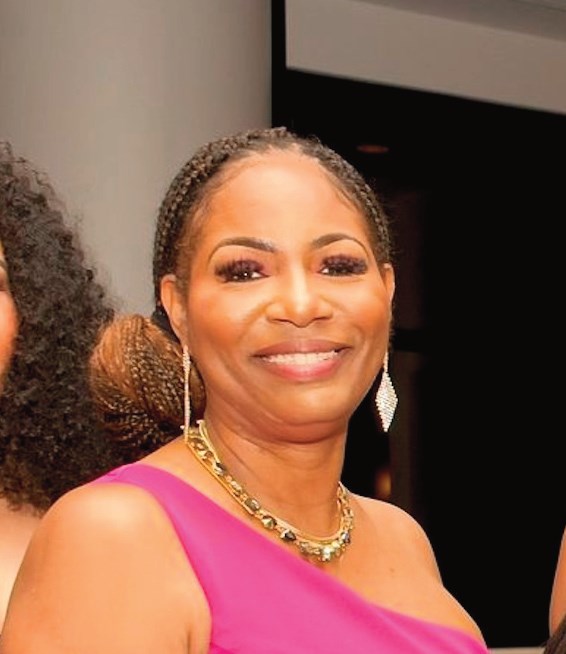
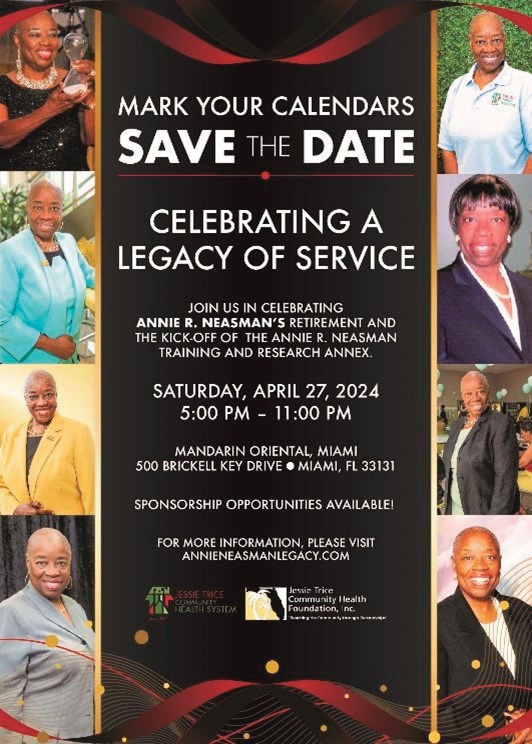
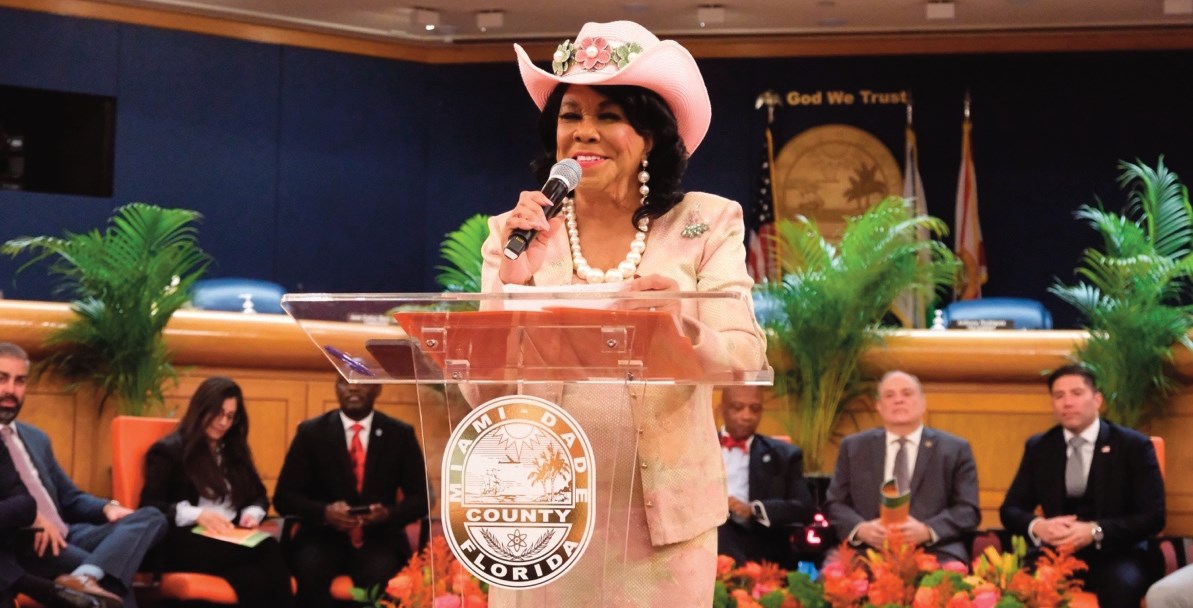



No Comment